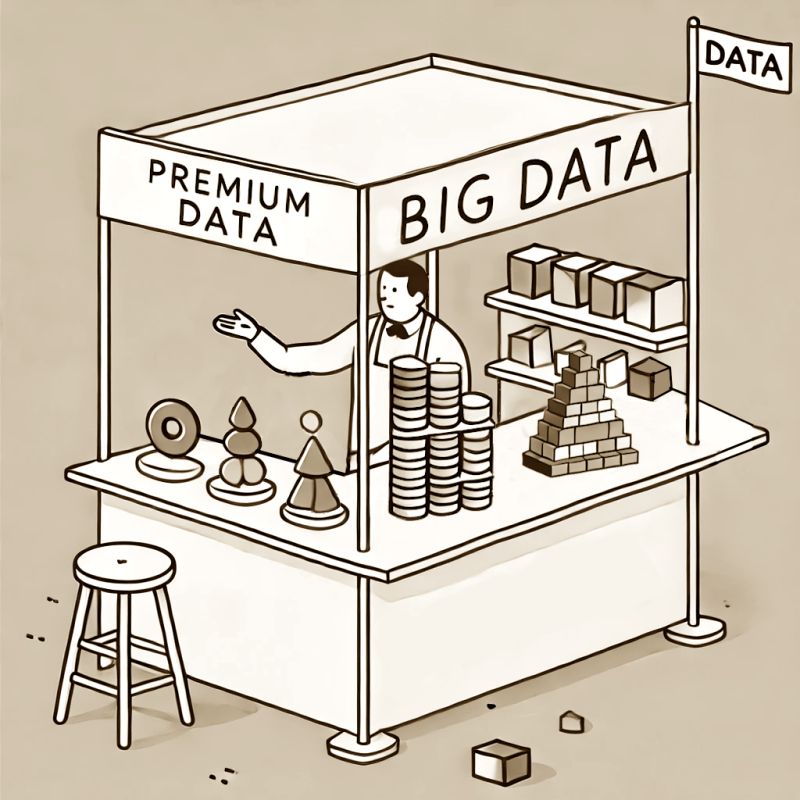Internal data marketplaces promise to tear down silos and unlock value by letting teams share data freely. It’s a compelling vision: seamless collaboration, endless innovation. But the reality often falls short. The problem? Misaligned incentives.
Teams understand their own data very well. But making it usable for others? That’s a heavy lift. Cleaning, documenting, and standardizing data takes time, effort, and resources. What’s in it for the providers? Usually, not much. The result is a one-way street: everyone wants clean and usable data, but no one wants to put in the effort to provide it.
Organizations typically try two approaches to address this mismatch, but neither works:
▪ “Share by default” rules: Although universal access makes data technically available, it doesn't make it usable. Without proper cleaning and documentation, teams are left with a sea of unusable data. Compliance happens on paper, but collaboration remains elusive.
▪ Artificial incentives: Internal credits or transfer prices sound clever, but often backfire. They create bureaucracy, invite gaming the system, and rarely inspire genuine engagement.
If the logic of “share for everyone’s benefit” doesn’t work, the solution lies in aligning data sharing with personal incentives. Leaders can make a real difference here:
▪ Tie data sharing to success: Make collaboration a key factor in performance reviews, promotions, and team goals. Aligning sharing with personal and team success makes participation natural.
▪ Make it easy: Provide tools and training to lower the effort required for cleaning and documenting data.
▪ Lead by example: Leaders should model openness, sharing their own data and championing collaboration.
▪ Celebrate contributions: Recognize and reward teams that contribute meaningfully. Visible recognition builds momentum.
▪ Cut the red tape: Simplify policies and processes. When sharing is easy, adoption follows.
The bottom line: Building a successful data marketplace isn’t about enforcing rules or adding complexity. It’s about leadership creating the right incentives by simplifying processes, and making sharing an opportunity rather than an obligation. When data marketplaces fail, it's not because the concept is flawed. It's because leaders didn’t step in to make them work.
